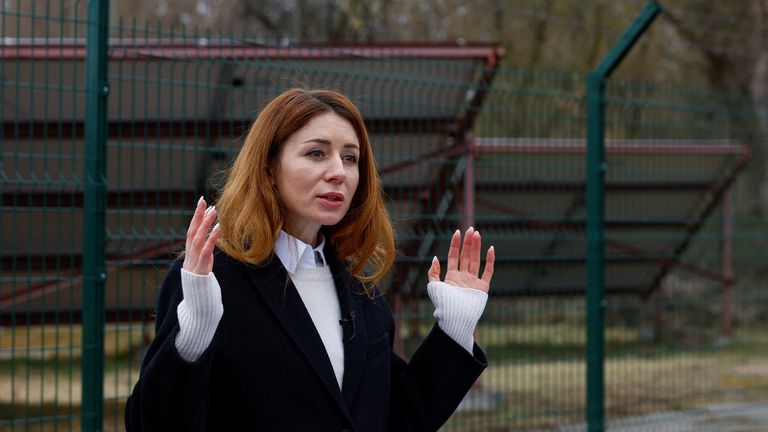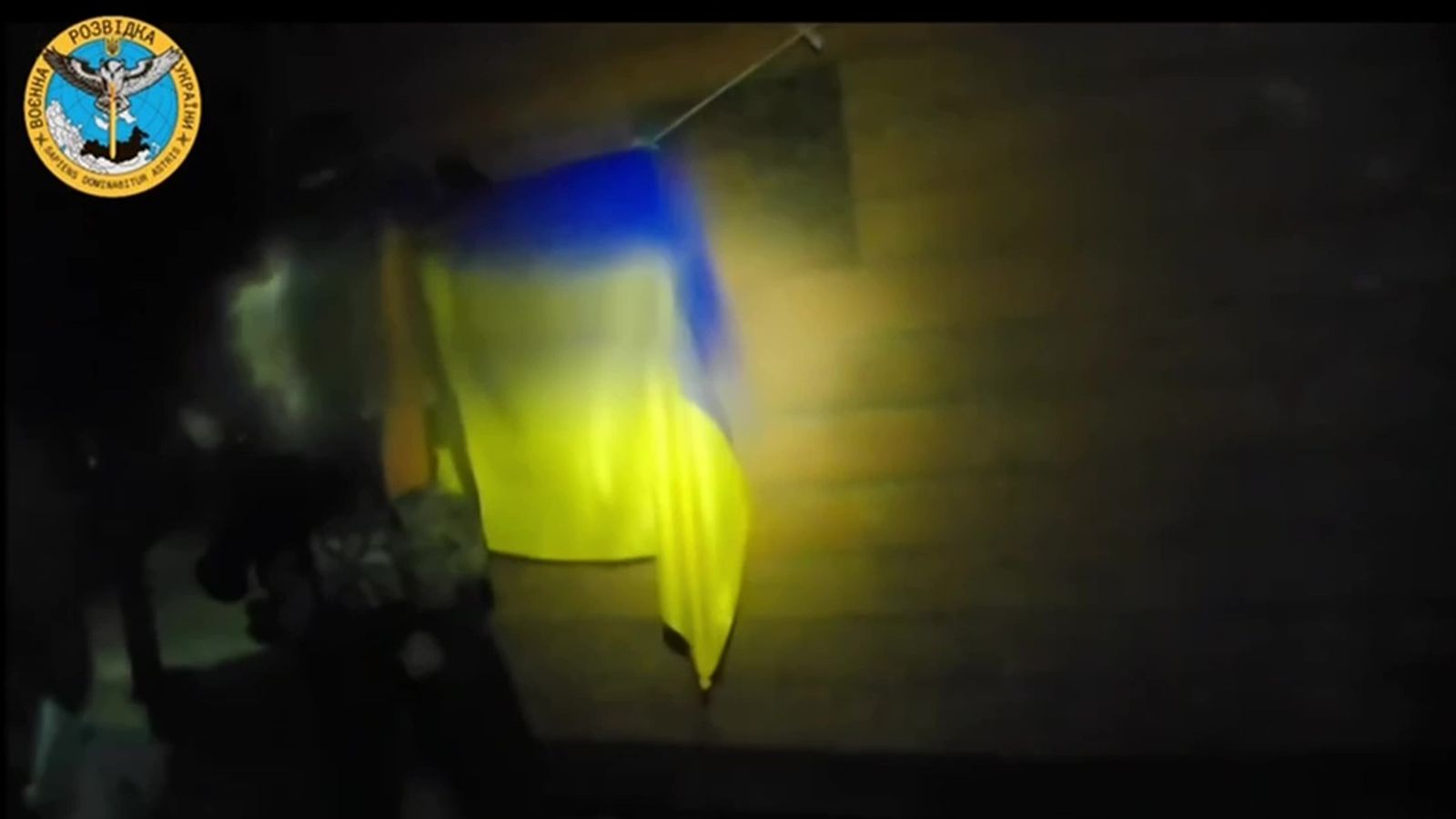Ukraine ministers toppled amid embezzlement and kickbacks scandal


Kyiv’s justice and energy ministers have resigned amid a major embezzlement and kickbacks scandal involving the state nuclear power company.
Volodymyr Zelenskyy called for the removal of Justice Minister Herman Halushchenko and Energy Minister Svitlana Grynchuk on Wednesday, with the pair later submitting their resignations.
The damaging scandal – fast becoming one of the most significant government crises since Moscow launched its full-scale invasion – has put top officials under scrutiny.
It could not come at a worse time for Ukraine, as Russia’s renewed attacks on energy infrastructure cause rolling blackouts and Kyiv’s outnumbered forces retreat under relentless assaults.

At the centre of the scandal, Mr Halushchenko and other well-known ministers and officials are alleged to have gained payments from constructing fortifications against Moscow’s assaults on energy infrastructure. Former Deputy Prime Minister Oleksiy Chernyshov is also alleged to have been involved.
Mr Halushchenko said he would defend himself legally, while Mr Grynchuk posted on social media: “Within the scope of my professional activities there were no violations of the law.”
The findings of a 15-month investigation, including 1,000 hours of wiretaps, were revealed by the same anti-corruption watchdogs Mr Zelenskyy sought to weaken earlier this year.


These resulted in the detention of five people, and another seven linked to about $100 million (£76 million) in alleged kickbacks in the energy sector.
Ukrainian officials are scrambling for European funds to manage mounting energy shortages as Moscow targets critical infrastructure and natural gas production in an attempt to damage public morale.
The nation has been plagued by corruption since gaining independence, and Mr Zelenskyy was elected on a mandate to eliminate graft.
Read more:
Newly opened 758-metre bridge in China collapses
Police in Germany arrest suspected Hamas member
Military procurement scandals also led to the ousting of Defence Minister Oleksii Reznikov in 2023.
Oleksandr Merezhko, a lawmaker with Zelenskyy’s party, said the scandal looks “really bad in the eyes of our European and American partners”.
He said: “Internally this scandal will be used to undermine unity and stability within the country. Externally, our enemies will use it as an argument to stop aid to Ukraine.

“While Russians destroy our power grid and people have to endure blackouts, someone at the top was stealing money during the war.”
But questions remain over how high the alleged corruption goes.
The National Anti-Corruption Bureau, known as NABU, refrained from identifying the suspects.
But it said they included a businessman, a former adviser to the energy minister, an executive who oversaw physical protection at state energy company Energoatem, and others responsible for money laundering. It dubbed the scheme “Midas”.
The agency also accused eight people of abuse of office, bribery, and possession of disproportionate assets.
The investigation, which NABU said conducted over 70 raids, was welcomed by the Ukrainian president, who urged officials to cooperate with it. Energoatom said the inquiry didn’t disrupt its operations.

NABU released excerpts of tapes in which the network, using code names and secretive language, discussed blackmail and pressuring Energoatom contractors to extract 10% to 15% in bribes and kickbacks in exchange for them to do business without facing internal blocks.
The network took advantage of a regulation enforced during martial law prohibiting contractors from claiming debts in court from companies providing essential services, such as Energoatom, which has annual revenues of around $4,7 billion (£3.6 billion). Four others worked to launder the money at a Kyiv office.
The tapes, which have not been independently verified, say about $1.2 million was handed to a former deputy prime minister, whom the plotters called “Che Guevara,” after the Argentinian revolutionary leader.
Ms Svyrydenko also said the cabinet submitted proposals to apply sanctions against Timur Mindich, a close associate of Zelenskyy, and businessman Alexander Tsukerman.

